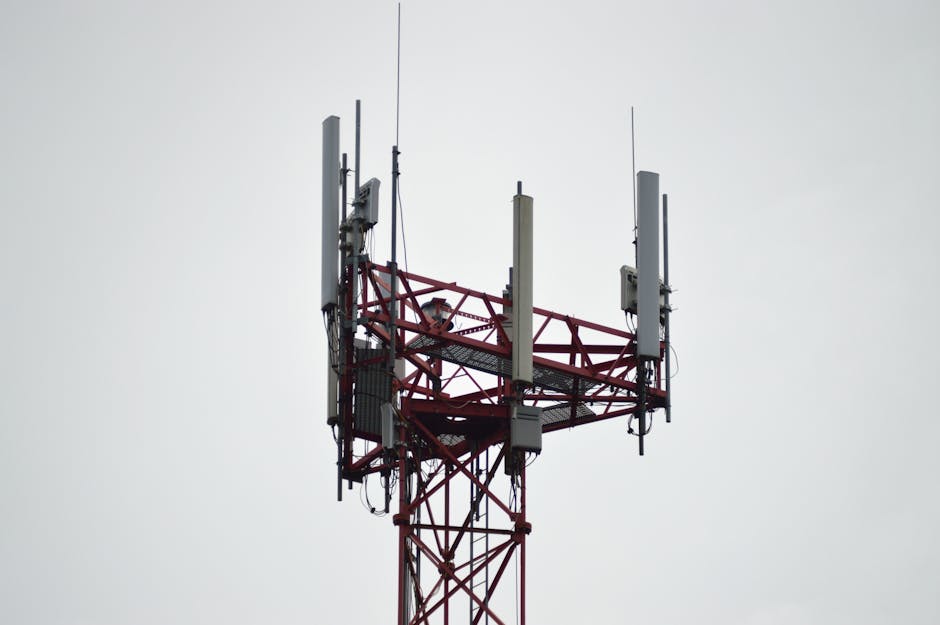Monzo Mobile: A Potential Game-Changer in the Telecom Industry

The telecom industry may soon face disruption from a surprising new player: the digital bank Monzo. As rumors swirl about Monzo’s potential entry into the mobile services market as a Mobile Virtual Network Operator (MVNO), industry experts are taking note of the seismic shift this could trigger. According to Zac Eller, GM of Global Partnerships at ExpressVPN, such a move could significantly shake up the status quo for telecom giants like BT and Vodafone. Armed with a reputable brand and a deep well of customer trust, Monzo has the potential to redefine customer expectations and force legacy operators to adapt—or risk becoming obsolete.
A Legacy Model in Need of Reform

Pexels
For years, traditional telecom providers have followed a similar playbook: bundling services, offering perks like free streaming subscriptions, and locking customers into lengthy contracts. However, Eller asserts this approach is rapidly losing its appeal. Successful challengers in other industries, such as Monzo and Revolut in finance or Octopus Energy in utilities, have demonstrated the power of transparency, community engagement, and customer-centric innovation. As Eller puts it, “transparency and community engagement build loyalty faster than discounts.”
He points to disruptors like Klarna, which simplifies user experiences and incentivizes advocacy, and Octopus Energy, which focuses on sustainability and customer-first pricing models. These companies have set a new standard for customer engagement, one that telecom providers must now contend with. According to Eller, the path forward for telcos involves breaking away from opaque contracts and creating transparent, community-focused models that deliver real value to customers.
The Data Advantage

Pexels
A major advantage that digital banks like Monzo and Revolut hold over traditional telecom companies is their access to rich, personalized customer data. Platforms like Monzo already integrate seamlessly into their users’ daily lives, managing spending rhythms, travel patterns, and more. This wealth of data enables hyper-personalization, where mobile services could be tailored to individual lifestyles. Imagine receiving flexible contracts that align with your income cycle or automatic roaming bundles activated by your travel plans—possibilities that legacy telecom providers would find difficult to replicate without extensive partnerships or collaborations.
Eller highlights this fundamental difference while adding that customer relationships in telecom are often limited to monthly bills and occasional service interactions. Digital platforms, on the other hand, are deeply woven into consumers’ daily routines. For telecom providers to compete, they will need to adopt similar strategies and leverage advanced technologies like AI and machine learning to personalize offerings.
The Future of Telecom: Super-Apps or Sector Ecosystems?

Pexels
The potential crossover between digital banking and telecom highlights a larger trend in the market: the rise of integrated digital ecosystems, or “super-apps.” While apps like WeChat in China manage every aspect of users’ lives, such dominance creates regulatory concerns in the UK. Instead, Eller foresees sector-specific ecosystems arising. For instance, Monzo could bundle financial services with mobile or travel offerings, while Octopus Energy might integrate energy management with broadband and smart home technologies.
For traditional telecom operators, this raises an existential question: do they risk becoming commoditized “dumb pipes” that merely facilitate services from more innovative brands? Or can they evolve to deliver value-driven, daily interactions that customers genuinely need? Solutions like Klarna-style flexible billing, Monzo-style in-app community features, or Octopus-style sustainability dashboards could help telcos remain relevant in this new landscape.
The possibility of Monzo Mobile may still be speculative, but it serves as a wake-up call for legacy providers. With the right mix of innovation and customer focus, the telecom industry can potentially navigate this disruption and emerge stronger. However, failure to adapt could leave them sidelined by non-traditional competitors that customers are already engaging with daily.




